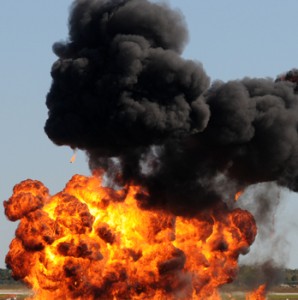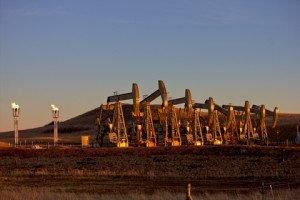When the North Dakota Legislative Assembly convened in January, lawmakers faced an uncertain climate caused by falling oil prices. By all accounts the session was a success, with one local news source saying it was a "solid performance by legislators".
Legislators basically had to start over by pulling apart Gov. Jack Dalrymple’s proposed budget. They were forced to make some difficult decisions regarding spending cuts, while finding the money to fund important projects.
The first order of business was the passage of the 'surge' bill that supplies $1.1 billion for state infrastructure projects. This money will go to improve highways, airport improvement projects, school districts, law enforcement agencies and emergency medical services.
Related: Governor Dalrymple Commits to Infrastructure
Another huge item on the session's agenda was adjusting the state's oil tax formula. House Bill 1476 lowers the state’s 6.5 percent oil extraction tax to 5 percent effective Jan. 1, 2016, a decision that got mixed reviews from both sides of the aisle.
“I guess if you had to boil it down it would be squandered opportunities and misplaced priorities. That really is what marked the session. Cutting the oil extraction tax by 23 percent,” says Sen. Mac Schneider. But Sen. Rich Wardner (R) disagreed, saying “I think it’s going to be big for North Dakota. I think we’re going to get the industry to put more investment into the state now that they know it’s stable and steady.”
Highlights of North Dakota’s 64th Legislative Assembly:
- A record $14.4 billion budget for the 2015-17 biennium, up from $13.7 billion for 2013-15
- $397.2 million in tax cuts were approved
- A record K-12 budget was passed including $3 million for expanding pre-K programs
- Approved $3.4 million for additional staff at the Department of Mineral Resources (DMR)
- Passage of House Bill 1358 that authorizes the NDIC to develop new rules involving the construction and operation of gathering pipelines





